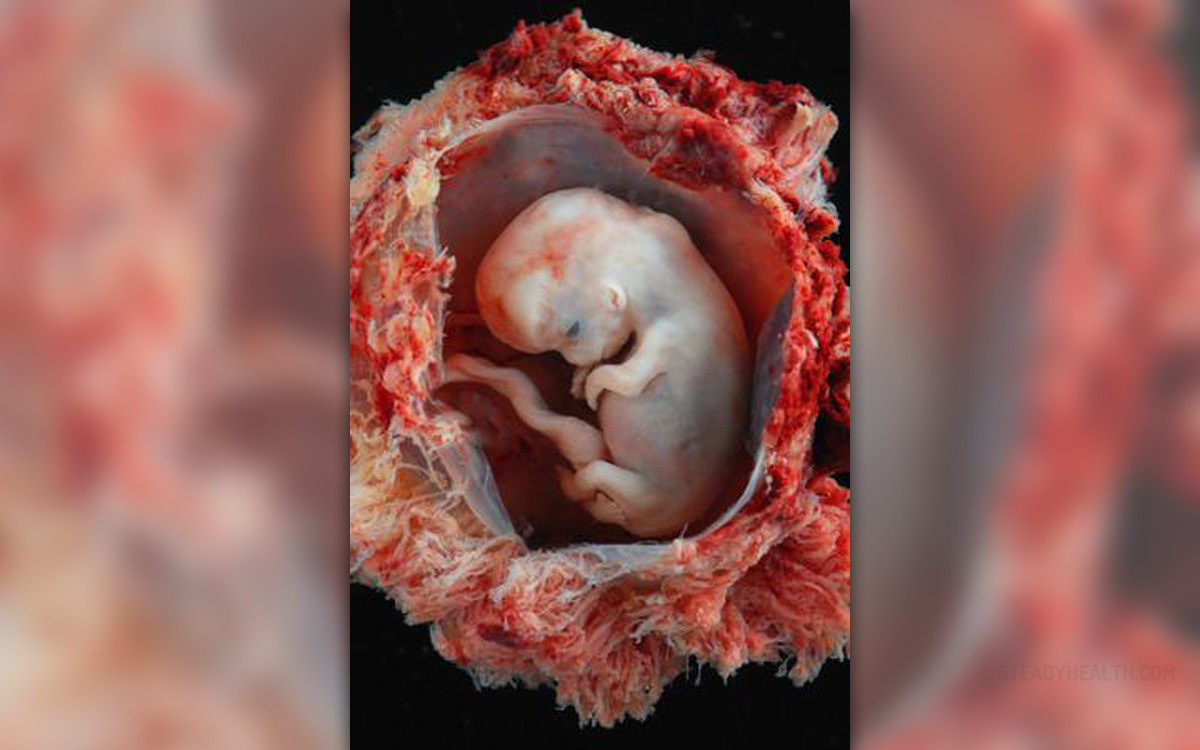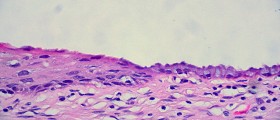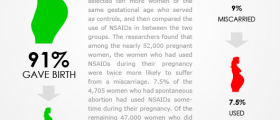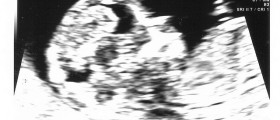A miscarriage is a spontaneous abortion i.e. termination of the pregnancy at a stage where the embryo/ fetus is not able to survive. Miscarriage occurs prior to the 24th week of pregnancy and is considered the most common complication of early pregnancy.
The first trimester is definitively the most crucial part of the pregnancy. This is the period during which the majority of miscarriages occur. All pregnant women must be familiar with the symptoms and signs of early miscarriage. Only this way they can consult their doctors as soon as possible and the miscarriage may be stopped on time.
In case of miscarriage occurs very early in the pregnancy (before the sixth week since the woman's last menstrual period) it is classified as early pregnancy loss or chemical pregnancy. If a miscarriage develops after the sixth week since the woman's last menstrual period it is classified as spontaneous abortion.
Signs of Miscarriage in Early Pregnancy
Each and every woman must be able to recognize even the slightest change and react to any kind of abnormal occurrences during pregnancy. For example, any kind of back pain must not be neglected. Miscarriage may cause mild to severe lower back pain. The pain is intense and usually worse than the pain during menstrual bleeding.
Painful contractions that tend to reoccur every 5-25 minutes are introduced to a miscarriage. Furthermore, there may be red or brown vaginal bleeding accompanied by cramps (more severe compared to menstrual cramps). One more characteristic of a miscarriage in early pregnancy is white or pink mucus vaginal discharge. In some women, there is even uterine bleeding.
Apart from the previously mentioned, symptoms and signs of pregnancy such as morning sickness, breast tenderness/ soreness, and frequent urination may suddenly cease.
In some women miscarriage in early pregnancy may start with fever and vomiting. And finally, by simple blood testing and measuring hCG levels in the blood, the doctor can be sure that a miscarriage is going to happen. The level of hCG in a miscarriage decreases.
- The signs and symptoms of pregnancy and loss most often evaluated in clinical studies include nausea, vomiting, and vaginal bleeding. Nausea and vomiting are believed to be protective against pregnancy loss, while bleeding is believed to be more ominous.
- Given the need to more thoroughly delineate the signs and symptoms of pregnancy loss, the objectives of this qualitative review were (1) to determine the state of existing knowledge on the incidence of signs and symptoms and the risk of early pregnancy loss (
- Bleeding may be a cause and/or consequence of pregnancy loss. Women who experience either a complete or an incomplete abortion must also experience vaginal bleeding by clinical definition.
- Subchorionic bleeding, which is bleeding between the uterine wall and the chorion detected by ultrasonography, is believed to be one pathway by which the oxygen-rich maternal blood supply prematurely perfuses the intervillous space. Chronic inflammatory processes associated with subchorionic bleeding/hematoma may also lead to myometrial contractions and expulsion of the gestational sac.
- As healthier pregnancies tend toward longer gestations than unhealthy pregnancies, pregnancy cohorts capture more healthy pregnancies and fewer unhealthy pregnancies than the underlying source population of all pregnancies, resulting in length-biased sampling. The pregnancies observed in typical pregnancy cohorts are less likely to end in a loss and possibly more likely to have signs and symptoms of pregnancy such as nausea and vomiting simply because of the gestational age at which signs and symptoms are ascertained.
- While over 17 000 records were screened, only 18 studies were included in this review, highlighting the dearth of information on this topic. Given the laborious nature of this screening process, it was undertaken by a single investigator rather than in duplicate, which is a limitation of the review itself. However, the data gaps identified within this review and the directions for future investigations described subsequently have been thoughtfully considered by all investigators on this article and should prove useful for other investigators across disciplines.
What are Complications of Miscarriage?
Even though many women recover from a miscarriage very quickly there are several complications that may occur. The remnant tissue is usually scrapped by a gynecologist. It can in some cases of a miscarriage and cause profuse bleeding. Miscarriage may cause scarring of the uterus and consequent fertility issues.
One more potential complication of a miscarriage is infection. Even though infection represents one of the most serious complications of a miscarriage it can be successfully treated with antibiotics. The untreated infection progresses into septicemia. And finally, some women develop clinical depression due to a miscarriage.
















Your thoughts on this
Loading...